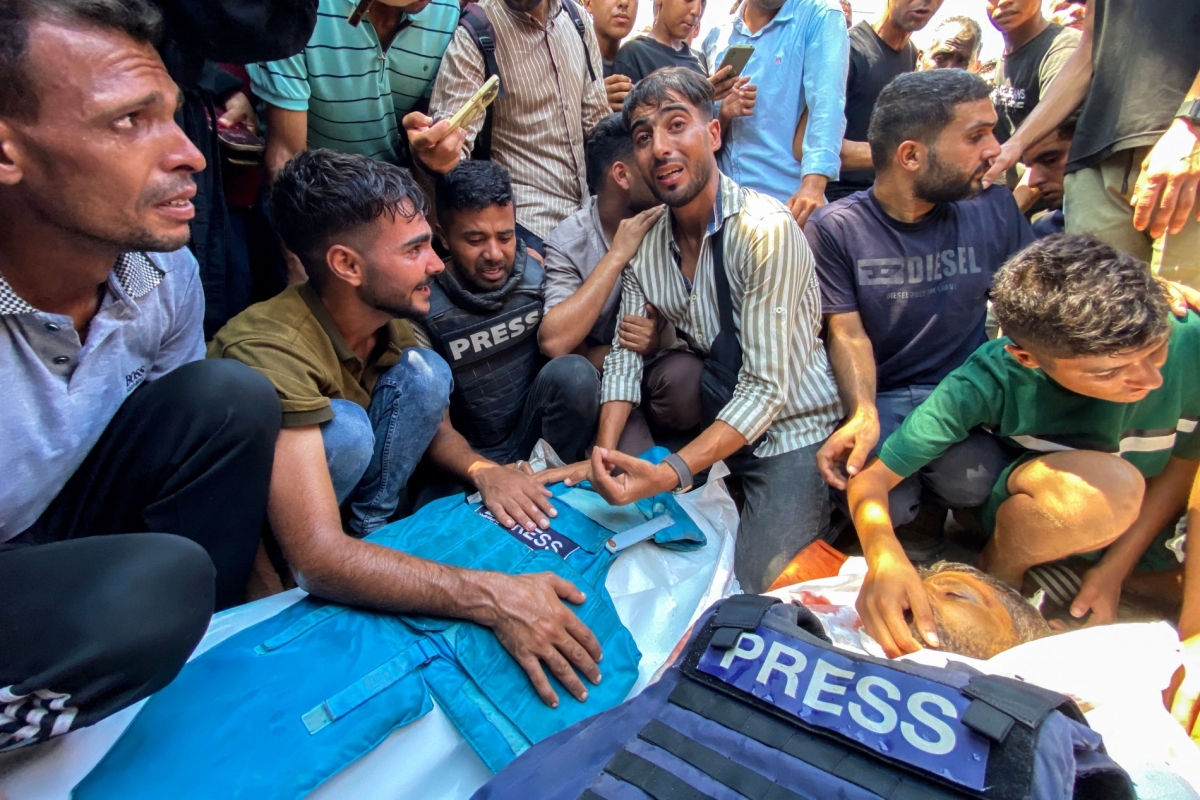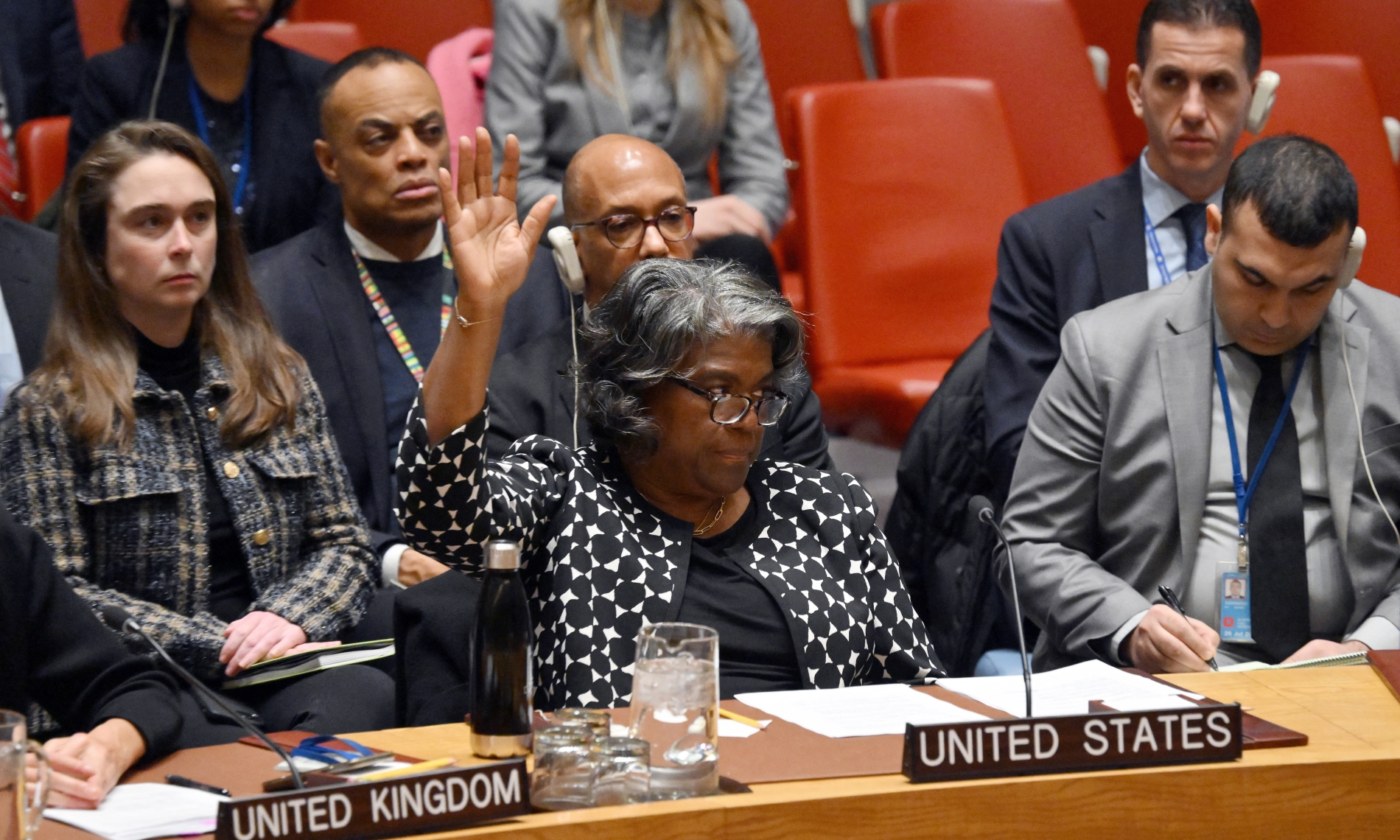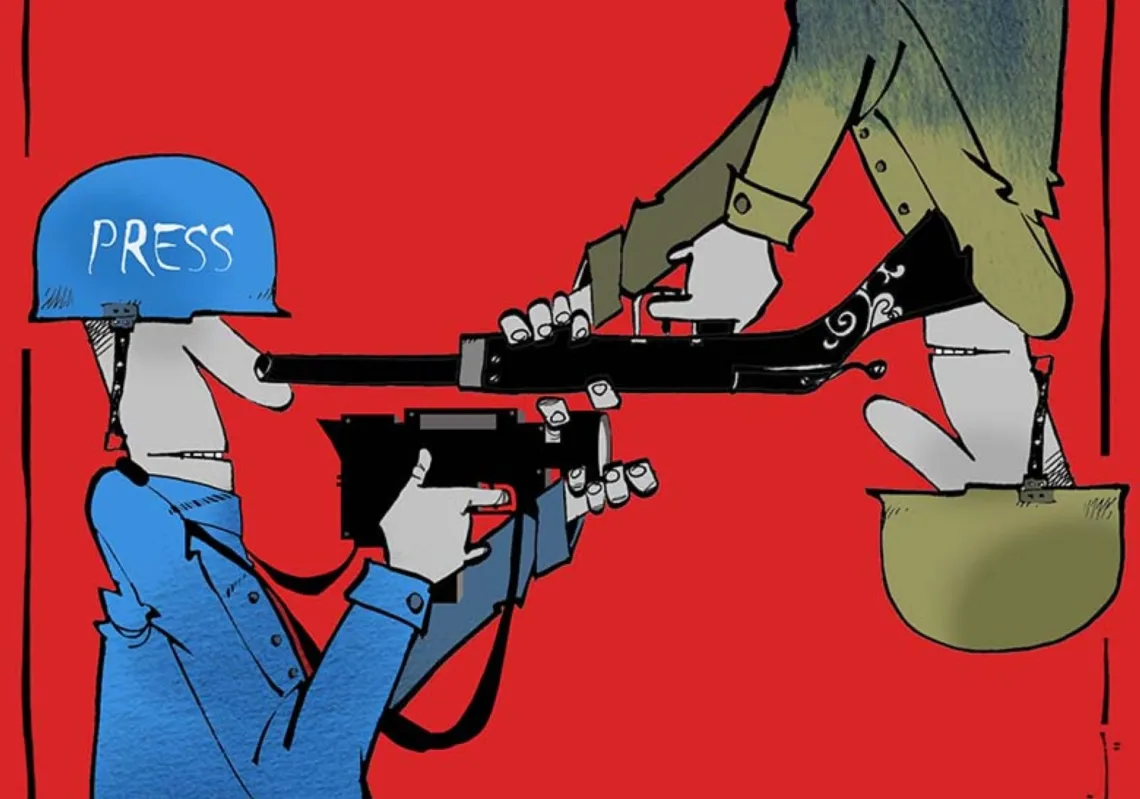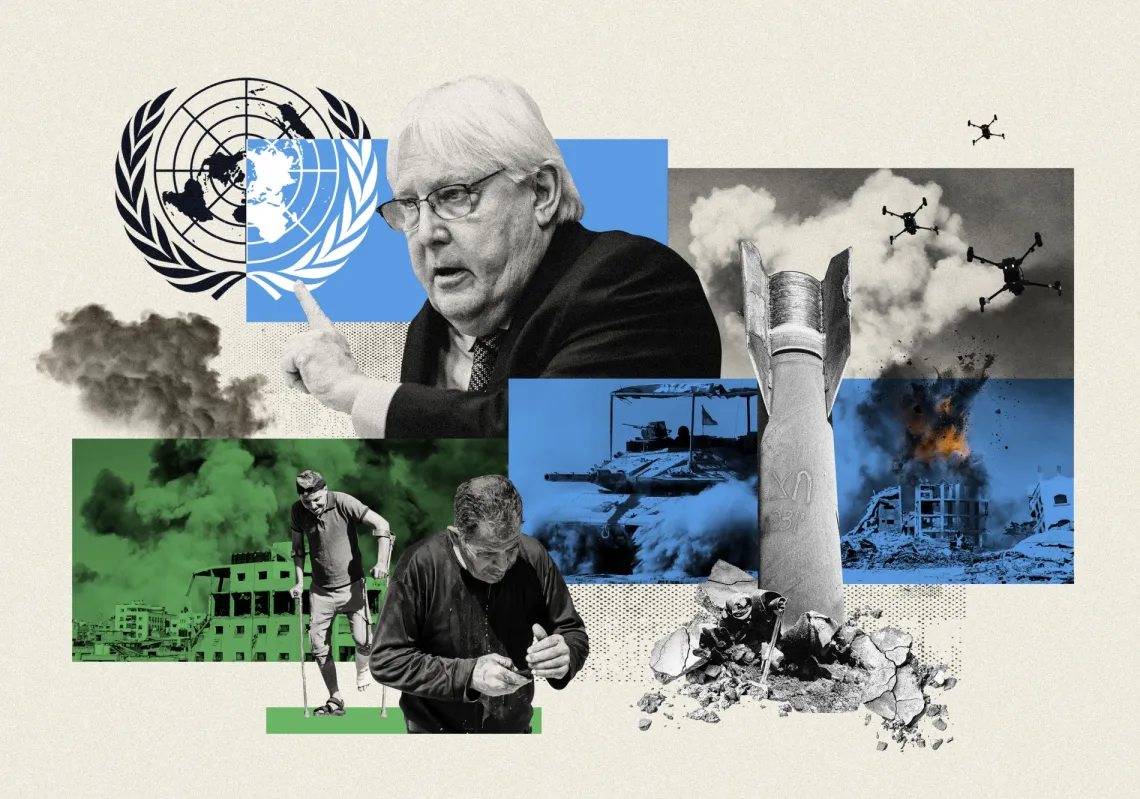In his recently published book The Genocide in Gaza: A Legal Reading in the Custody of the International Court of Justice (Arab House of Science Publishers, Beirut), Lebanese jurist and academic, Dr Mazen Shindab, examines the crimes committed against Palestinian civilians during Israel’s assault on Gaza.
Drawing on legal case studies and field testimonies, he makes a compelling case that Israel has committed and continues to commit genocide in Gaza. And where most writings on the subject remain translations or excerpts from Western research, his study fills a void in Arabic literature.
Genocide, Shindab notes, is defined not by the number of victims but by systematic targeting of a group with the intent to annihilate it. British academic Martin Shaw distinguishes between violence in war—aimed at states or armies—and violence in genocide, directed at social groups. Gaza, he argues, reflects this distinction with chilling accuracy. Israeli violence is aimed at every element of life—people, land, food, water, medicine, even infant formula—ensuring inevitable death for the population.
Therefore, Shindab argues that Israel's war on Gaza didn't evolve into genocide; genocide was the intent from the outset, pointing to early strikes on ambulances and hospitals.
"The message was unmistakable, and it was followed up with even more brutal crimes—all committed with US and Western weapons and the latest AI technologies."
Another indication that genocide was in the works was the dehumanisation of Palestinians on day one of the war, as genocide necessitates the dehumanisation of its victims. Mainstream media played a key role here as it depicted Palestinians as savages and barbarians.
For Shindab, Israel's rhetoric describing Palestinians as "human animals" after October 7, to the eradication of their grandparents' villages as far back as the 1930s, leaves no doubt of the intent to exterminate.
But despite the media's cynical role in manufacturing public consent for genocide, the mass public protests across the world against the genocide show that no amount of propaganda can absolve Israel of its crimes in Gaza.
'A war on children'
The book records testimony from prominent figures such as Philippe Lazzarini, Commissioner-General of UNRWA, who calls Gaza’s tragedy “a war on children—a war on their childhood and their future,” noting that more children were killed in Gaza after October 2023 than in all conflicts worldwide over the previous four years. UNICEF reports that more than 111 children are killed or injured daily in Gaza, describing it as “a growing stain on our collective conscience.”
Israel repeatedly targets schools—particularly UNRWA facilities—which are often the last refuge for children. Dozens were killed in the opening weeks of the war when Israel bombed UNRWA’s Al-Fakhoura School in Jabalia camp, followed by strikes on Tal al-Zaatar School in Beit Lahiya, setting the tone for what was to come.
The UN Committee on the Rights of the Child went further, declaring in March 2023 that “deliberate actions such as the prevention and restriction of humanitarian aid appear aimed at killing and destroying Palestinian children.”
An admission of the sort could be seen in comments that date all the way back to 1973, when then-Israeli premier, Golda Meir, infamously said: “We will never forgive you for making us kill your children.”
So does Israel's war on Gaza meet the criteria for genocide under the UN convention? Shindab is unequivocal: “Despite the ambiguity in the international convention, the term genocide is the most accurate term to describe what is happening now in Gaza."















